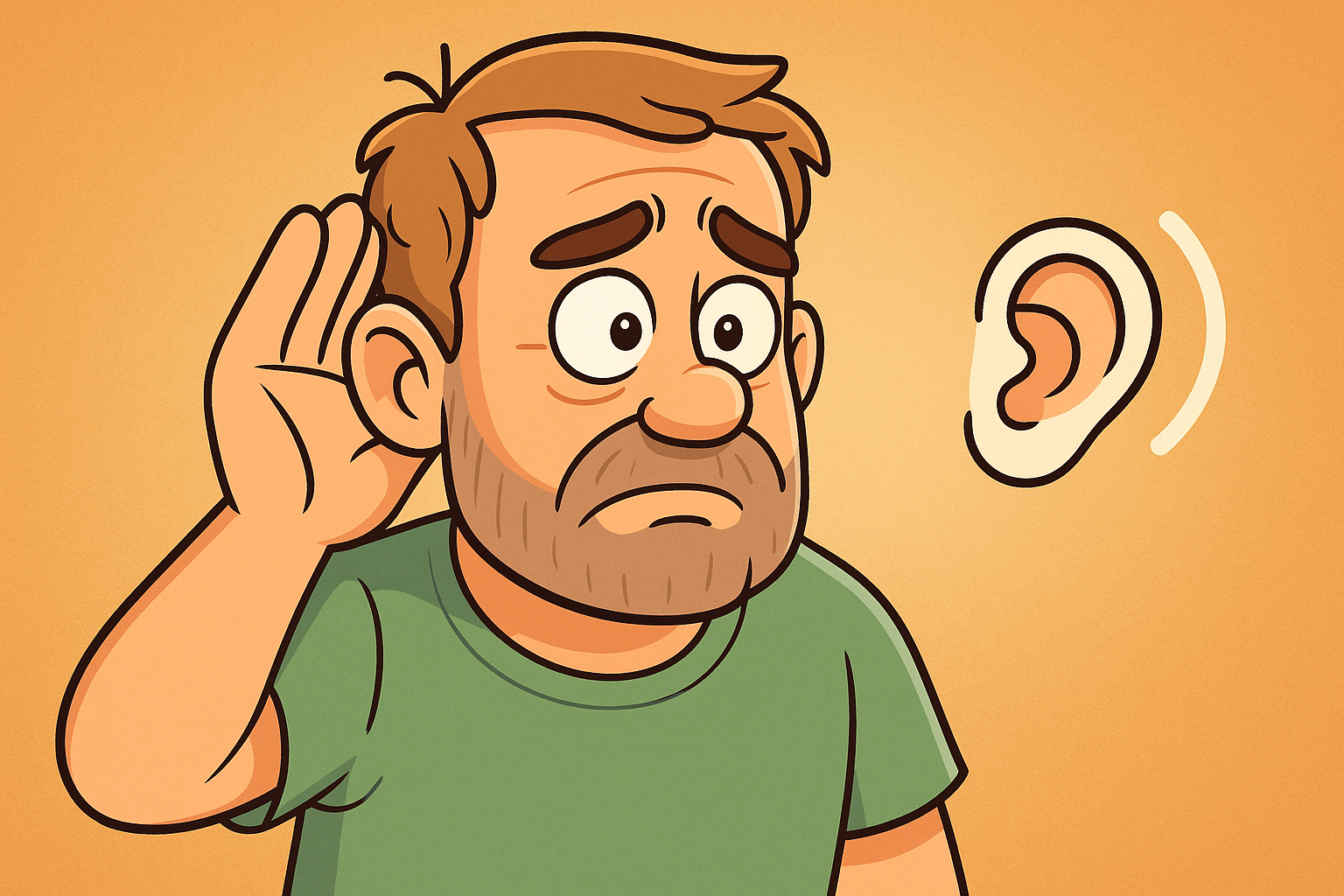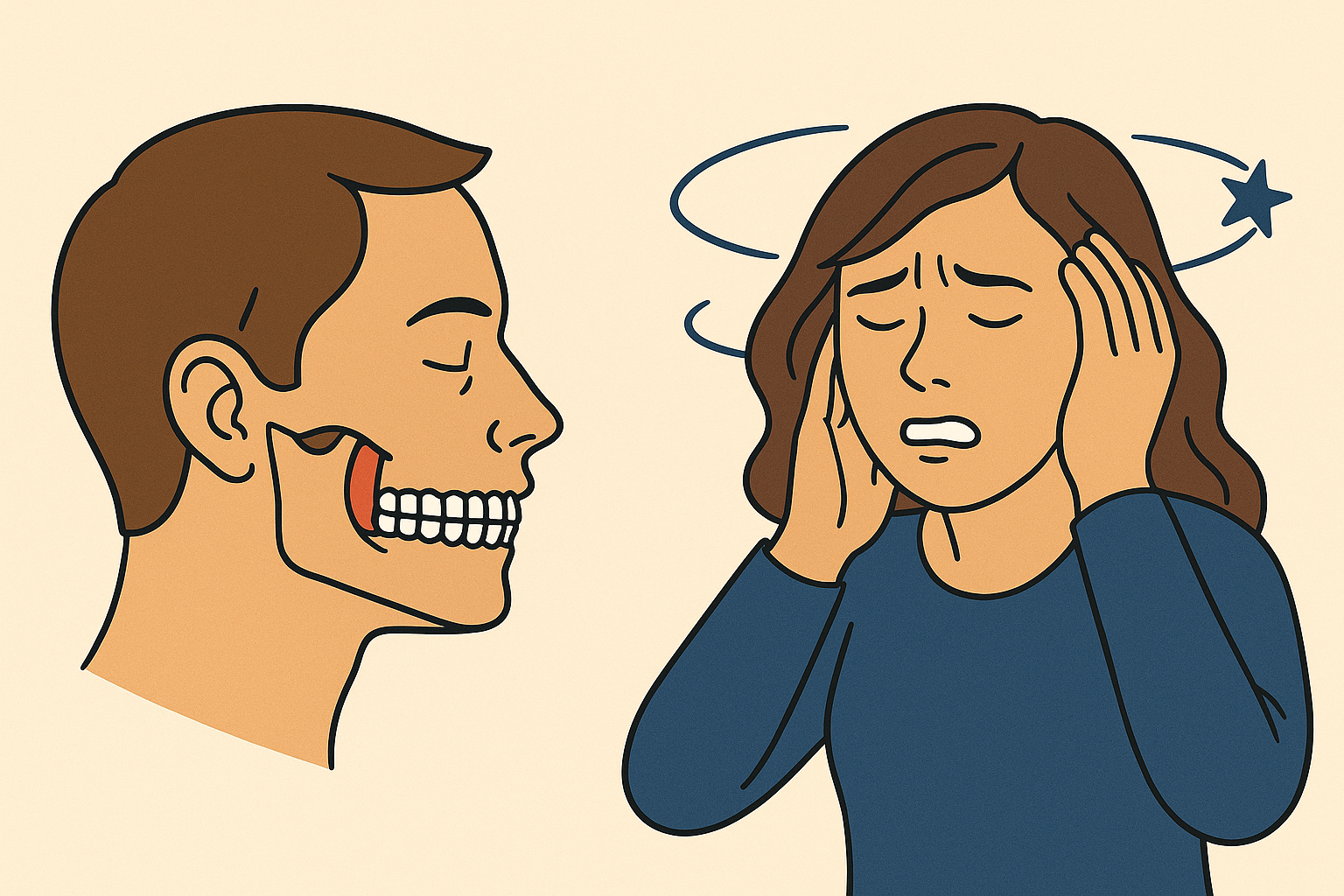Have you ever experienced a restless sensation that just won’t go away, making it impossible to sit still? This unsettling feeling is known as akathisia, a condition that can severely impact your quality of life. But can common medications like doxycycline really cause such a reaction?
In this blog post, we explore the potential link between doxycycline and akathisia, and what it means for patients using this widely prescribed antibiotic.
What is Doxycycline?
Doxycycline is a broad-spectrum antibiotic used to treat various bacterial infections. It belongs to the tetracycline class of antibiotics and is effective against a range of bacteria, making it a staple in treating conditions like respiratory tract infections, acne, and certain sexually transmitted infections.
Its versatility and effectiveness have made it one of the most commonly prescribed antibiotics worldwide.
Common Uses and Conditions Treated by Doxycycline
Doctors typically prescribe doxycycline for:
- Respiratory tract infections, including pneumonia and bronchitis
- Acne and skin infections
- Sexually transmitted infections like chlamydia and gonorrhea
- Lyme disease and other tick-borne illnesses
- Certain eye infections
Side Effects Usually Associated with Doxycycline
While doxycycline is generally well-tolerated, it can cause side effects. Common ones include nausea, diarrhea, and sensitivity to sunlight.
Less common but more severe side effects may include changes in vision, severe headaches, and liver problems. Always consult a healthcare provider if you experience any concerning symptoms while taking doxycycline.
What is Akathisia?

Definition and Symptoms of Akathisia
Akathisia is a movement disorder characterized by an uncontrollable urge to move, often described as inner restlessness. Symptoms can include constant leg shaking, pacing, and an inability to sit still. This condition can be extremely distressing and can significantly impact a person’s daily life and mental well-being.
Causes and Risk Factors for Developing Akathisia
Akathisia is commonly associated with antipsychotic medications but can also be triggered by other drugs, including some antibiotics.
Risk factors include high doses of medication, rapid dose escalation, and individual susceptibility. Other contributing factors may include a history of mental health disorders and concurrent use of multiple medications.
The Impact of Akathisia on Patients’ Quality of Life
Living with akathisia can be challenging. The constant restlessness can interfere with work, social interactions, and sleep, leading to decreased quality of life. It can also exacerbate anxiety and depression, making it crucial to address the condition promptly and effectively.
Can Doxycycline Cause Akathisia?
Direct Response to the Question
While doxycycline is not commonly linked to akathisia, there have been anecdotal reports and limited studies suggesting a potential connection. However, these instances are rare and typically involve other contributing factors.
Overview of Existing Studies and Medical Literature
Current medical literature provides little evidence to support a direct link between doxycycline and akathisia.
Most studies focus on antipsychotic medications as the primary cause. However, given the complexity of drug interactions and individual responses, it’s not entirely out of the realm of possibility.
Case Studies or Anecdotal Evidence (if available)
There are isolated case reports of patients experiencing akathisia-like symptoms while taking doxycycline.
These cases often involve multiple medications, making it difficult to isolate doxycycline as the sole cause. Nevertheless, these reports highlight the importance of monitoring side effects and consulting a healthcare provider if unusual symptoms occur.
Exploring the Link Between Antibiotics and Akathisia

General Overview of Antibiotics That Can Cause Akathisia
While antibiotics are generally safe, some have been linked to neurological side effects, including akathisia. Fluoroquinolones, a class of antibiotics, have a higher association with such side effects compared to others.
Specific Examples of Antibiotics Other Than Doxycycline
Antibiotics like ciprofloxacin and levofloxacin, both fluoroquinolones, have been reported to cause neurological side effects, including akathisia. These antibiotics are often used to treat urinary tract infections, respiratory infections, and skin infections.
Comparison of Their Mechanisms of Action with Doxycycline
Fluoroquinolones work by interfering with bacterial DNA replication, whereas doxycycline inhibits protein synthesis in bacteria.
The different mechanisms may explain the varying side effect profiles. While fluoroquinolones have a higher incidence of neurological side effects, doxycycline’s impact on the nervous system appears to be less significant.
Can Doxycycline Cause Agitation?
Explanation of Agitation as a Possible Side Effect
Agitation is a state of heightened arousal and restlessness, often accompanied by anxiety and irritability. While not commonly associated with doxycycline, some patients may experience agitation as a side effect.
Evidence from Clinical Trials or Patient Reports
Clinical trials and patient reports provide limited evidence linking doxycycline to agitation. Most documented cases involve other medications or underlying conditions that contribute to this symptom. However, individual reactions to medications can vary, and agitation may occur in some patients.
Similarities and Differences Between Agitation and Akathisia
While both conditions involve restlessness, akathisia specifically refers to movement-related restlessness, whereas agitation encompasses a broader range of symptoms, including emotional and psychological distress.
Understanding these distinctions can help in accurately identifying and managing these side effects.
Can Doxycycline Make You Jittery?

Description of Jitteriness as a Side Effect
Jitteriness is characterized by a feeling of nervousness, shakiness, and an inability to relax. This can be particularly distressing and may interfere with daily activities.
Review of Patient Testimonials and Clinical Data
Some patients have reported feeling jittery while taking doxycycline. However, these reports are infrequent, and clinical data does not strongly support a direct link between doxycycline and jitteriness.
Other factors, such as caffeine intake or concurrent use of stimulant medications, may contribute to this symptom.
Possible Physiological Reasons Behind This Symptom
Jitteriness may result from the body’s response to the antibiotic, particularly if there is an underlying sensitivity to the medication. Additionally, the stress of dealing with an infection and the side effects of other medications may exacerbate feelings of jitteriness.
Can Doxycycline Make You Feel Spaced Out?
Understanding the Sensation of Feeling “Spaced Out”
Feeling “spaced out” refers to a sense of detachment or disorientation, often described as brain fog. This can make it difficult to focus, think clearly, or engage in daily tasks.
Analysis of Patient Reports and Medical Studies
While not a common side effect, some patients on doxycycline have reported feeling “spaced out.” Medical studies on this phenomenon are limited, and the exact cause remains unclear. It may be related to the body’s response to the medication or the underlying infection itself.
Potential Mechanisms Causing This Effect
The sensation of feeling “spaced out” could be due to the impact of doxycycline on the central nervous system.
Additionally, the body’s immune response to an infection and the stress of being unwell can contribute to this feeling. It’s essential to monitor symptoms and consult a healthcare provider if they persist.
Managing Side Effects of Doxycycline

Practical Tips for Patients Experiencing Side Effects
If you experience side effects while taking doxycycline, consider these practical tips:
- Stay hydrated to help flush the medication from your system.
- Avoid alcohol and caffeine, as they can exacerbate side effects.
- Take the medication with food to reduce gastrointestinal discomfort.
When to Consult a Healthcare Provider
Always consult a healthcare provider if you experience severe or persistent side effects. They can adjust your dosage, recommend alternative medications, or provide additional treatments to manage your symptoms.
Possible Alternative Medications
If doxycycline causes intolerable side effects, your healthcare provider may recommend alternative antibiotics. Options include amoxicillin, azithromycin, or other medications tailored to your specific infection and medical history.
Lifestyle Adjustments to Mitigate Symptoms
Incorporate lifestyle adjustments to help manage side effects:
- Practice relaxation techniques like deep breathing exercises or meditation.
- Maintain a healthy diet rich in fruits, vegetables, and whole grains.
- Engage in regular physical activity to boost overall well-being.
Conclusion
In summary, while doxycycline is a highly effective antibiotic for treating various infections, it can cause side effects in some patients.
Although the link between doxycycline and akathisia is not well-established, it’s essential to be aware of potential symptoms and consult a healthcare provider if you experience any adverse effects.
Always prioritize your well-being and seek professional advice to ensure the best possible treatment outcomes.
FAQs
What antibiotics can cause akathisia?
Several antibiotics, particularly fluoroquinolones like ciprofloxacin and levofloxacin, have been associated with akathisia. These antibiotics work differently from doxycycline and have a higher incidence of neurological side effects.
Can doxycycline cause agitation?
While agitation is not commonly linked to doxycycline, some patients may experience this symptom. It’s essential to monitor your response to the medication and consult a healthcare provider if agitation persists.
Can doxycycline make you jittery?
Jitteriness is an infrequent side effect of doxycycline. Patients who experience this symptom should consider other contributing factors, such as caffeine intake, and consult a healthcare provider if the jitteriness continues.
Can doxycycline make you feel spaced out?
Feeling “spaced out” is not a typical side effect of doxycycline, but some patients have reported this sensation. If you experience brain fog or disorientation, discuss your symptoms with a healthcare provider to determine the cause and appropriate treatment.









